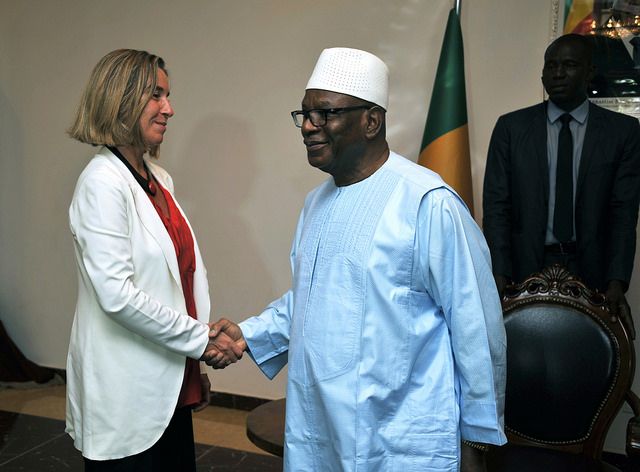
The EU’s New Migration Partnership with Mali: Shifting towards a Risky Security- Migration-Development Nexus

In 2016, the European Union (EU) entered a new Migration Partnership Framework with certain priority countries. Among those priority countries, Mali is a significant case with an important presence of EU actors and missions. This paper seeks to understand why and how the EU has been redefining its migration strategy regarding Mali. The migratory context of the EU in recent years has exerted a particular political pressure on the institutional level to act. By prioritising migration, the EU is modifying an existing partnership around one element – migration – that did not constitute the primary field of cooperation in the past. This tendency to policy shift from the traditional ‘security-development nexus’ to a ‘security-migration-development nexus’ has implications for the organisation of EU actors and for the perception of Mali. As a result, the EU risks reducing its relationship with Mali to migration. This phenomenon of ‘crisis externalisation’ should not be guiding the EU’s relations with third countries, especially not with partners such as Mali, in a situation of political and territorial disruption.
This article was first published as EU Diplomacy Paper of the College of Europe.
(Photo credit: EEAS, Flickr)